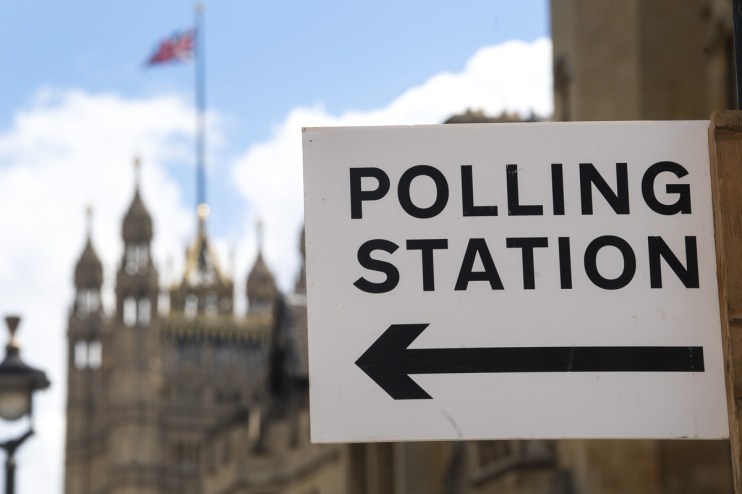Everything you need to know about the May local elections

Next month, voters across the country will be going to the polls in the May local elections.
But despite this being a major test of public opinion on Rishi Sunak and his Conservative government, a general election won’t also be taking place that day.
However, voters in London and other UK cities will be voting for their mayors, and the results could even spark further calls for the Prime Minister to call an election – or be replaced.
We’ve rounded up everything you need to know about the May local elections.
What elections are taking place?
Voters will cast their ballot for council elections at 107 local authorities in England.
Not all councillors are elected at the same time. This round will see ballots at 31 metropolitan district councils, 18 unitary councils, and 58 district councils – but no county councils.
There’s also a council mayoral election, elections to the London Assembly, and for 11 mayors – including in London, where Sadiq Khan is campaigning for a record third term.
37 police and crime commissioners – in London the role is filled by the mayor – will also be held in England and Wales. Town or parish councils may also hold elections or by-elections.
When are they held?
The elections will take place on Thursday, May 2, in just over five weeks time. Polls will be open from 7am to 10pm on that day.
Most results will be announced overnight into Friday, May 3, throughout the day, and a few will be revealed over the weekend.
Mayoral results – under the first-past-the-post system for the first time – will be declared on the Friday and Saturday, and the London Assembly results on the Saturday.
Which areas are voting?
No local councils in London are holding elections, but ballots will take place up and down the country, from Oxford and Basildon to Salford and Bury.
A total of over 2,600 seats will be up for grabs and Labour and the Conservatives are defending around 1,000 each.
Mayoral elections will be in London, Greater Manchester, Liverpool City Region, Tees Valley, West Midlands, South Yorkshire, North East, West Yorkshire and York and North Yorkshire.
How can I register to vote?
You can vote in person at your local polling station, by post or via a proxy – someone who votes on your behalf – but you must register for any of these options.
The deadline to register to vote in person – as long as you’re an eligible citizen over 18 with a registered address in your ward – in England and Wales, is 11.59pm on Tuesday, April 16.
If you are registered already, you can request a postal vote up to 5pm on Wednesday, April 17, or apply for a proxy vote by 5pm on Wednesday, April 24.
More information is available from the Electoral Commission website here.
Will I need photo ID?
Yes, you will need to take photo ID, sometimes called voter ID, to the polling station with you.
This applies to all local, mayoral and police and crime commissioner elections in England, and police and crime commissioner elections in Wales.
If you don’t have ID, you can apply for a free voter ID here before Wednesday, April 24, at 5pm.
What’s not going to be on the ballot?
While the local elections are a major staging post ahead of a general election and will be the last round of ballots before this takes place, Sunak has chosen not to hold one on May 2.
Despite rampant speculation in Westminster and beyond, the deadline by which he would have had to dissolve Parliament to announce one – 25 working days before – has passed.
Labour MP Jonathan Ashworth, who made a £10 bet with Sky News presenter Kay Burley that it would be on May 2, presented her with a cheque he said was from ‘the Bank of Chicken’. The money will go to a charity for the children of addicts.
What could it mean for the government?
Some pollsters have warned the government could lose up to 500 seats, with Labour winning as many as 300, according to the HuffPost.
This may be a bold prediction, but ultimately, with Labour around 20 points ahead in the polls and broadly expected to win the general election, we can expect to see this play out in the local election results as people express dissatisfaction with the current government.
However, in 2021, when this set of local elections was last held, the Tories, under Boris Johnson, were enjoying a poll bounce after the Covid vaccine rollout. This means a contrast between this set of results and that one will be heightened by their former popularity.
For the government, this could mean more clamours to call an election soon, for Sunak to be replaced, and even for more Conservatives and ministers to announce their plans to stand down as MPs – or preemptively quit the government.
